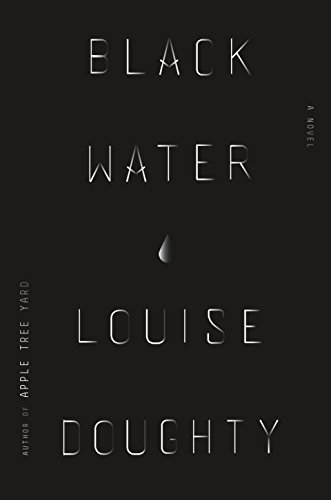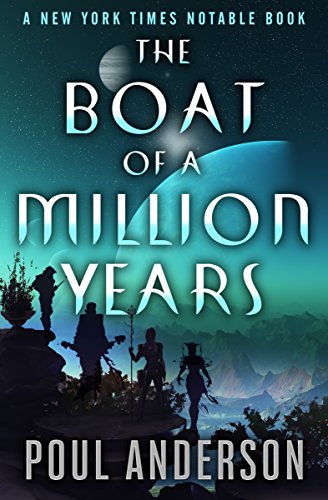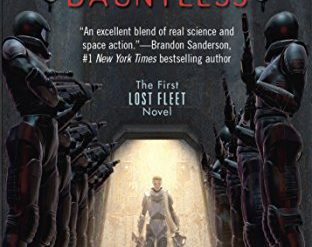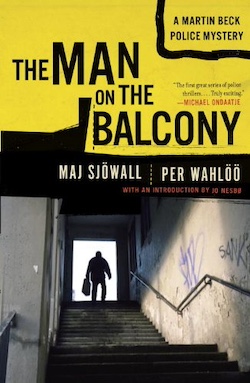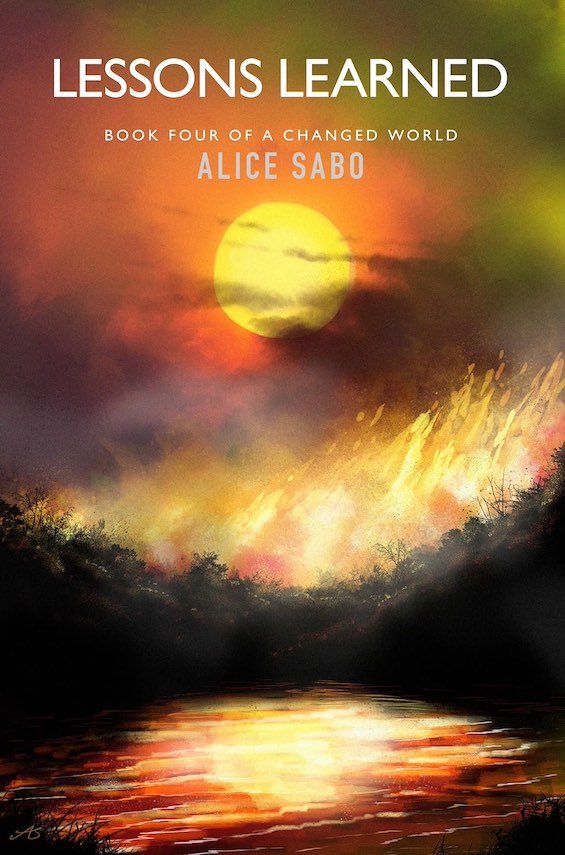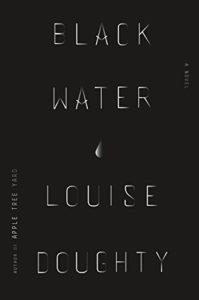
Imagine: you’re going to write a book about a man nearing the age of 60, who was born in 1942 in a Japanese concentration camp in Indonesia. (Yes, it’s 1998 now.) His mother was Dutch, his father a dark-skinned Dutch-Indonesian soldier in the Dutch Army. At the age of five, his mother moved with him to Los Angeles to marry a World War II veteran with PTSD. The two disappear, leaving him with the man’s parents, an African-American attorney and his common-law wife. Twelve years later, he is unexpectedly summoned to Holland by his mother to live with her and her third husband.
Estimated reading time: 4 minutes
An American-owned “consulting” firm
Later, after service in the Dutch Army, he goes to work for the “Institute,” an American-owned Dutch “consulting” firm that works with the CIA in Indonesia and elsewhere in the developing world. Because his boss believes he speaks “all the languages there,” he is transferred to Jakarta in 1965. There he is assigned to serve as a courier for the CIA, conveying lists of “Communists” to the Indonesian generals who are murdering them — and almost anyone who is of Chinese extraction — by the hundreds of thousands.
Black Water by Louise Doughty ★★★☆☆
From Jakarta to Bali
More than thirty years later, after working at a desk in Amsterdam for the company, he is transferred back to Jakarta to help assess the chaotic conditions in Indonesia in the wake of the Asian financial crisis. He badly misreads the situation, which leads to the overthrow of the Indonesian government. Having disappointed the company and its clients, he is exiled to Bali — Bali! — to rest in a company safe house in the countryside. Now, the man lies in wait, expecting that the company will send someone to kill him.
That could be a fascinating book, right? Think about how you might describe life during the Indonesian genocide in 1965, the difficulty of growing up in Los Angeles in the 1960s and 70s as a mixed-raced child with an African-American “grandfather,” the recurrence of large-scale violence in Indonesia in 1998, and life in rural Bali. The possibilities are endless, right?
An historical thriller that doesn’t thrill
So, why on earth would you devote 352 pages largely to the man’s self-pitying inner dialogue and his clumsy and largely unsuccessful connections with women? Unfortunately, that’s exactly what Louise Doughty did in Black Water. From the very beginning she suggests much more: the title appears to refer to a notorious American company of mercenaries that bears some resemblance to the Institute that figures in the novel. But that analogy is completely missing in the story. To say I was disappointed is an understatement. If this book is an example of what today’s critics call “literature,” I’ll stick to nonfiction. And if I want to read made-up stories, give me mysteries, thrillers, and science fiction any time instead of pretentious books like this.
The historical background
The story in Black Water is grounded in historical fact. Genocidal violence did break out in Indonesia under Sukarno in the mid-1960s, and his successor, Suharto, was in truth driven from office in 1998 by a recurrence of large-scale violence. The CIA was deeply involved in 1965, and probably in 1998 as well. After all, in the 1960s, the CIA considered that assassinating popular leaders and supporting Right-Wing dictators were the essence of its business — and if its actions could be packaged under the banner of anti-Communism, that was all to the good. Too bad Louise Doughty didn’t make more of these facts.
Louise Doughty is a popular English author and playwright, the author of eight novels and five plays. She should have known better.
For related reading
If you enjoy reading history in fictional form, check out 20 most enlightening historical novels. And if you’re looking for exciting historical novels, check out Top 10 historical mysteries and thrillers.
You might also be interested in Top 10 great popular novels.
If your taste runs to genre fiction, check out my posts:
- Great sci-fi novels reviewed: my top 10
- My 20 favorite espionage novels
- 20 excellent standalone mysteries and thrillers
And you can always find my most popular reviews, and the most recent ones, on the Home Page.

